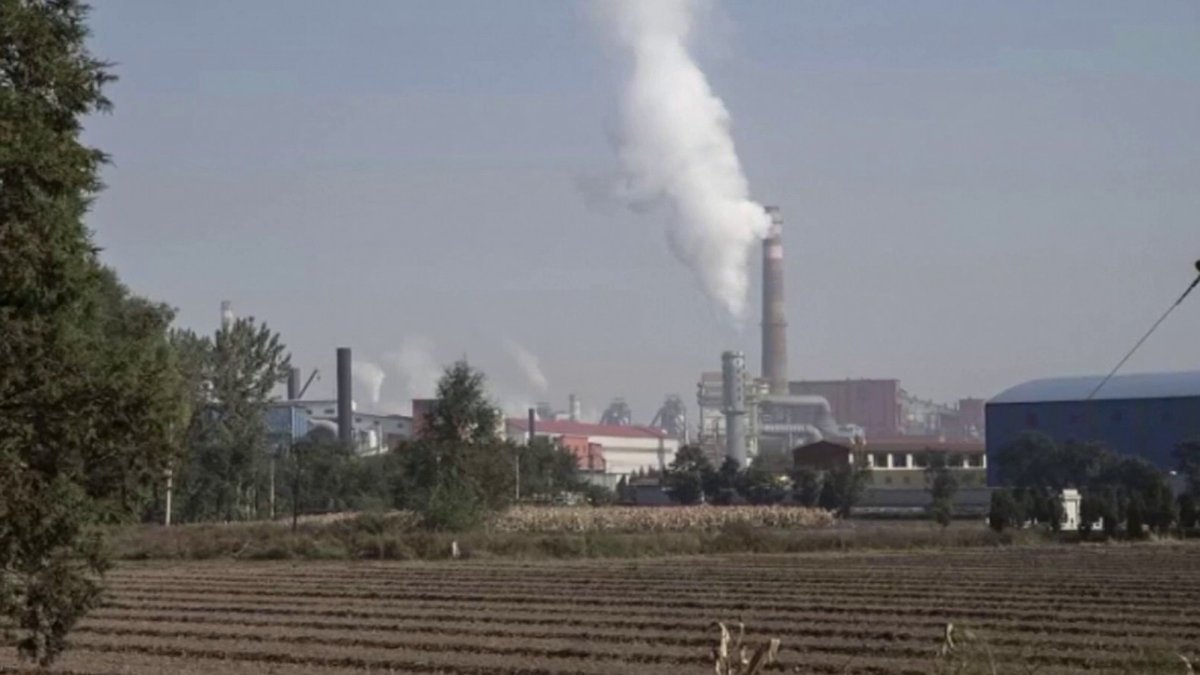
In the six years since signing the Paris Agreement with the goal of reducing its carbon footprint, the U.S. has actually increased carbon emissions. This sets the stage for the COP26 climate conference in Glasgow, Scotland, but as scientist and activist Sweta Chakraborty explains, there will be a gap between what climate activists want to see from world leaders and what they’ll actually get.
What to Know
- Pennsylvania’s Republican-controlled Legislature has failed in a last-ditch effort to block the centerpiece of Gov. Tom Wolf’s plan to fight climate change, a regulation requiring fossil fuel-fired power plants to pay a price for every ton of carbon dioxide they emit.
- A 32-17 vote Monday in the state Senate failed to reach a two-thirds threshold to block a regulation written by Wolf’s administration that could make Pennsylvania the first major fossil fuel state to adopt a carbon pricing policy.
- It still could face a legal challenge in the courts from opponents. Otherwise, the compliance obligation on power plants that are subject to the regulation could start July 1.
Pennsylvania's Republican-controlled Legislature failed Monday in a last-ditch effort to block the centerpiece of Gov. Tom Wolf's plan to fight climate change, a regulation requiring fossil fuel-fired power plants to pay a price for every ton of carbon dioxide they emit.
A 32-17 vote in the state Senate failed to reach a two-thirds threshold to block a regulation written by Wolf's administration that could make Pennsylvania the first major fossil fuel state to adopt a carbon pricing policy.
It still could face a legal challenge in the courts from opponents, who contend that it is an illegal use of regulatory authority. If it is not blocked by a court, the compliance obligation on power plants that are subject to the regulation could start as early as July 1.
Get Philly local news, weather forecasts, sports and entertainment stories to your inbox. Sign up for NBC Philadelphia newsletters.
Republican lawmakers have sought to block it, calling it an unconstitutional tax that will close down power plants, balloon consumer electric bills, threaten national security and destroy Pennsylvania's growing natural gas-based industrial economy.
Democratic lawmakers say the measure is desperately needed to act against the threat of climate change, and that it will speed up Pennsylvania's transition to the future of a clean energy-based economy.
Environmental advocates say each dollar in emissions credits that carbon-emitting power plants must buy can then go into energy efficiency programs that ultimately lower electricity bills.
Green
The measure has split the power-producing sector, while business advocacy groups oppose it and environmental groups support it.